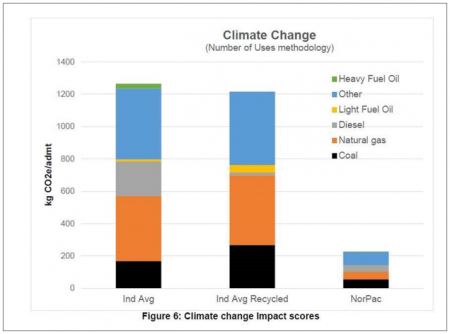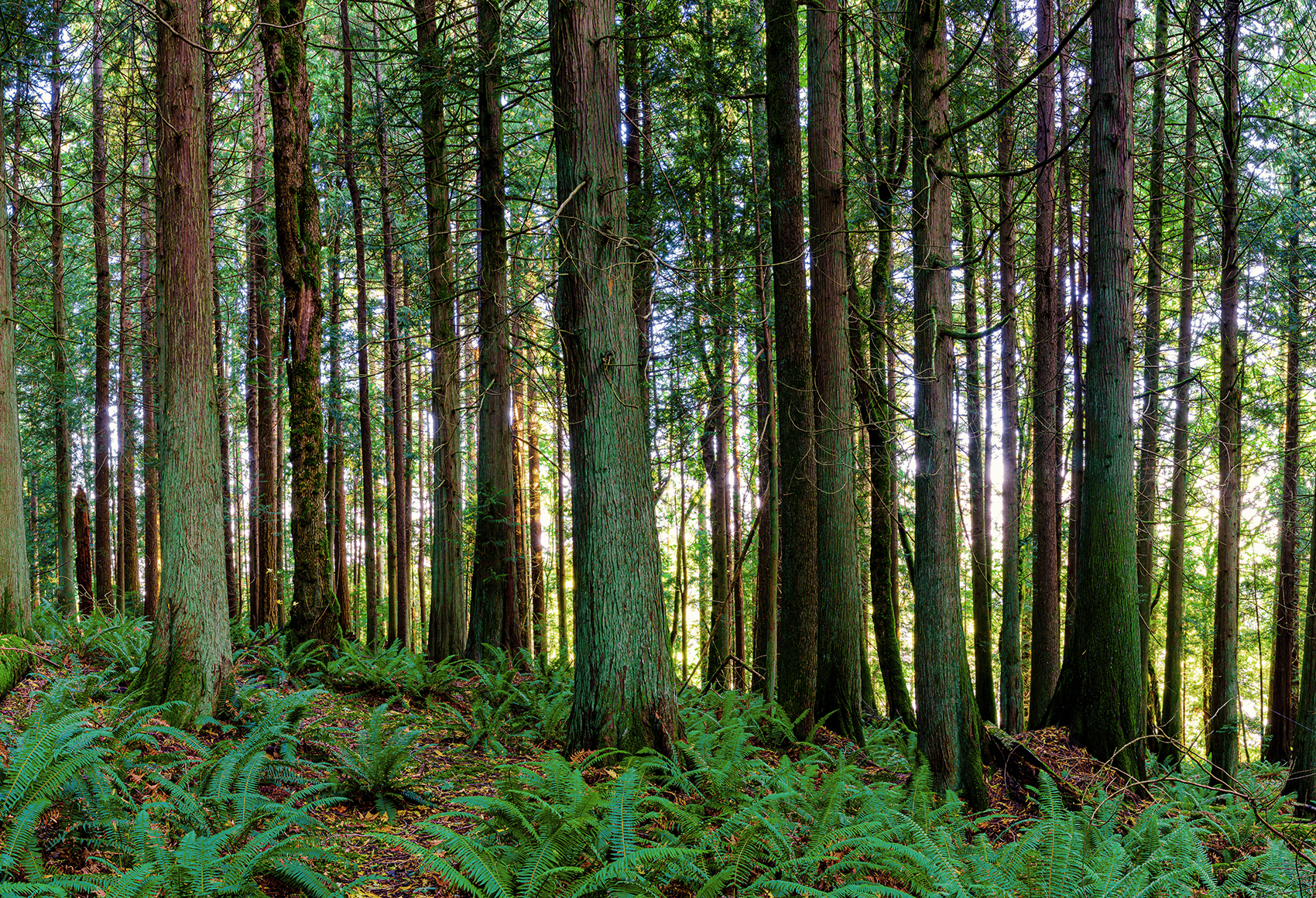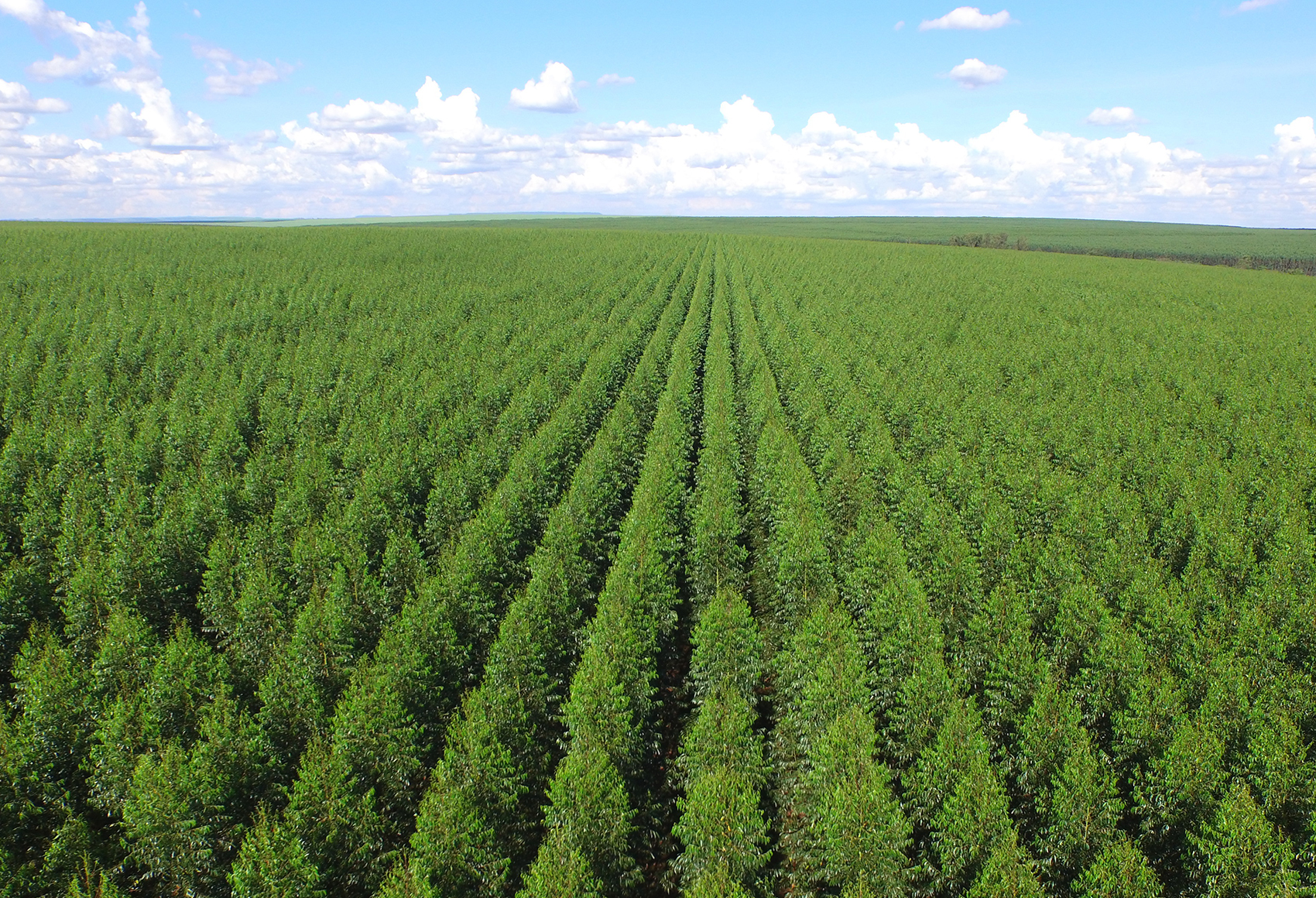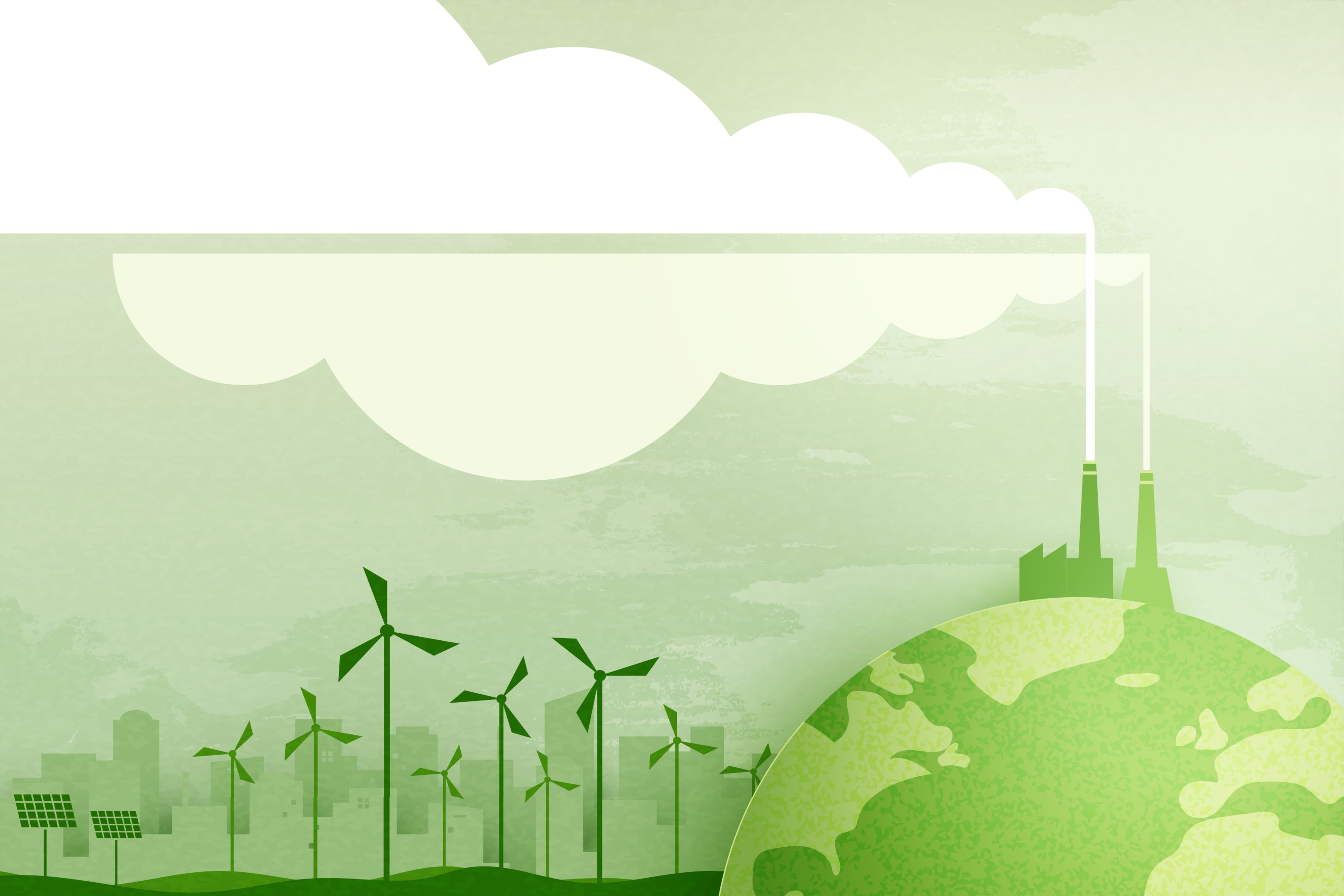
Our rapidly changing climate is one of our world’s most critical problems. The science and evidence have shown that human activities and consumption are driving irreversible changes in our climate that could have catastrophic effects on life on our planet. Climate scientists forecast that climate change is expected to cause more traumatic weather events such as storms and tornados, increased heat stress, poor air quality as well as increased transmission of diseases.
Consequently, one of the most pressing issues for businesses and organizations today is to reduce their carbon footprint and environmentally degrading effects. One of the best ways for organizations to truly measure the environmental cost of their activities is through a life-cycle assessment (LCA). An LCA is a thorough investigation of practices to determine the true environmental cost of a product or service from birth to final use. Every aspect from sourcing materials, manufacturing, waste disposal, marketing and packaging, shipping to final use and disposal or recycling is covered.
Using Life-Cycle Assessments to Combat Climate Change
At NORPAC, we perform LCA’s to determine the full environmental costs of manufacturing our paper products. We recently completed an LCA on our lightweight recycled containerboard. The assessment found that NORPAC’s containerboard has a carbon footprint 83% lower than the average CO2 emissions for the industry and nearly one-sixth of the average industry emissions for recycled paper.
NORPAC’s lightweight recycled containerboard emitted just over 200 kg of CO2e/admt versus over 1,200 for the industry average for recycled paper, and nearly 1,300 for the industry average for non-recycled paper. What’s more, NORPAC’s paper production uses significantly less coal and almost no heavy fuel oil, both of which are especially harmful to our environment.
NORPAC’s Environmentally Driven Processes
This low carbon footprint is possible because every step of the manufacturing process at NORPAC is guided by eco-friendly policies.
At NORPAC, we believe that fighting climate change and its devastating effects is one of our planet’s most urgent problems. Our commitment to protecting our natural environment not only helps us create great paper products, it sets the pace for both the paper and packaging industry. We invite you to learn more about how sustainable paper can help combat climate change and guarantee a healthier future.
Consequently, one of the most pressing issues for businesses and organizations today is to reduce their carbon footprint and environmentally degrading effects. One of the best ways for organizations to truly measure the environmental cost of their activities is through a life-cycle assessment (LCA). An LCA is a thorough investigation of practices to determine the true environmental cost of a product or service from birth to final use. Every aspect from sourcing materials, manufacturing, waste disposal, marketing and packaging, shipping to final use and disposal or recycling is covered.
Using Life-Cycle Assessments to Combat Climate Change
At NORPAC, we perform LCA’s to determine the full environmental costs of manufacturing our paper products. We recently completed an LCA on our lightweight recycled containerboard. The assessment found that NORPAC’s containerboard has a carbon footprint 83% lower than the average CO2 emissions for the industry and nearly one-sixth of the average industry emissions for recycled paper.
NORPAC’s lightweight recycled containerboard emitted just over 200 kg of CO2e/admt versus over 1,200 for the industry average for recycled paper, and nearly 1,300 for the industry average for non-recycled paper. What’s more, NORPAC’s paper production uses significantly less coal and almost no heavy fuel oil, both of which are especially harmful to our environment.
NORPAC’s Environmentally Driven Processes
This low carbon footprint is possible because every step of the manufacturing process at NORPAC is guided by eco-friendly policies.
At NORPAC, we believe that fighting climate change and its devastating effects is one of our planet’s most urgent problems. Our commitment to protecting our natural environment not only helps us create great paper products, it sets the pace for both the paper and packaging industry. We invite you to learn more about how sustainable paper can help combat climate change and guarantee a healthier future.



